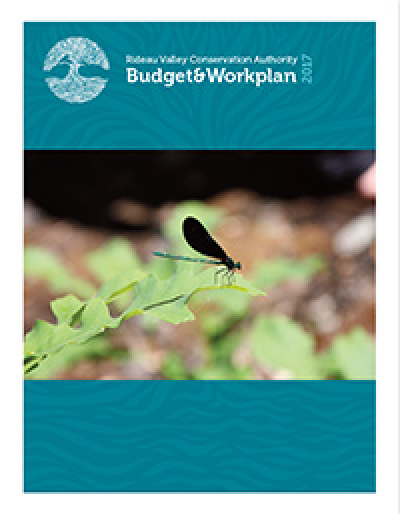
RVCA (1136)
Children categories

Department (67)
Main Office Phone Numbers : 613-692-3571 / 1-800-267-3504
Staff Directory
RVCA Plants Over 275,000 Trees This Spring!
Work to Begin on Hutton Creek Wetland Restoration
Guideline for Shorelines Work in the Rideau Valley Watershed
The flood water may be gone, but it's left a lot of work in its wake. From sandbag and garbage disposal to septic inspection and well water testing, the RVCA is here to answer your questions and to help as much as possible.
1. What should I do with my sandbags?
DO NOT dump sandbags into the nearby waterway – it could make you and your neighbours sick. If sandbags have come in contact with flood water, they could be contaminated with all sorts of nasty materials, including raw sewage. They need to be disposed of properly – contact your local municipality for area-specific instructions.
Remember: Use gloves when handling used sandbags and take care not to let them spill onto roads, municipal drains or into waterways. For more information, check out this RVCA fact sheet: Cleaning Up After the Flood: Resources
2 . How do I know my well water is safe to drink?
Flooded wells need to be disinfected and tested before residents use them again. All residents on wells affected by the flood should disinfect their wells with a chlorine solution and then flush before testing. To learn more about disinfecting your well, sampling your well, and interpreting your sample results visit Ottawa Public Health’s well water information page.
3. What should I do if my septic system was flooded?
Do not use the system while the drain field or tanks are under water. Wait until the water level in the drain field is below the distribution pipes before using. If a system MUST be used, conserve water as much as possible to allow the system to restore itself.
Do not pump your septic tank during or immediately after the flood. This could cause the tank to “pop out” of the ground. Avoid using heavy machinery around the system when the ground is saturated to avoid further damage.
If you suspect damage, get a licensed inspection! If repairs are needed, contact the Ottawa Septic System Office or your local approval agency before undertaking any work.
Remember: flood waters may be contaminated with raw sewage. Wear protective gloves, eyewear, a face mask and rubber boots when in contact with the water.
For more information, check out: RVCA Factsheet: Frequently Asked Questions of the Conservation Authority and the Ottawa Septic System Office
4. I need to start repairing or rebuilding my home. What approvals do I need?
Check with your local municipality and conservation authority before beginning any repair work to see if a permit is required. Minor repairs like replacing flooring and drywall likely won’t require a permit, but larger projects like work on your foundation, outer walls or deck, or any other structural changes, will require approvals.
Landscaping work like grading, repairing shoreline retaining walls or docks will also need permits, as well as any work to secondary buildings.
For more permit information, visit: https://www.rvca.ca/regulations-planning/rvca-permits-section-28/do-i-need-a-permit
You can also contact an RVCA Resource Specialist at or 613-692-3571 ext. 1132 or ext. 1193.
Other things to consider:
-
- Have you suffered severe erosion on your shoreline? The Rural Clean Water Program (RCWP) is accepting applications for grants. Be sure to have all approvals for work in place (see above) and register with staff prior to starting work (613-692-3571 or 1-800-267-3504 ext. 1134). Permits may be required.
-
- Interested in creating a low-cost, natural shoreline along your waterfront to help fight erosion and future flooding? Learn about RVCA's Shoreline Naturalization Program.










